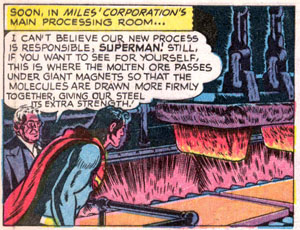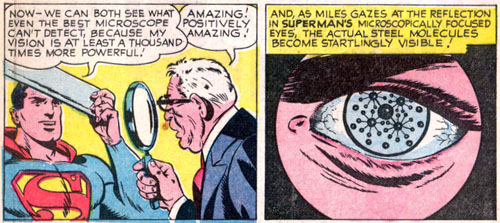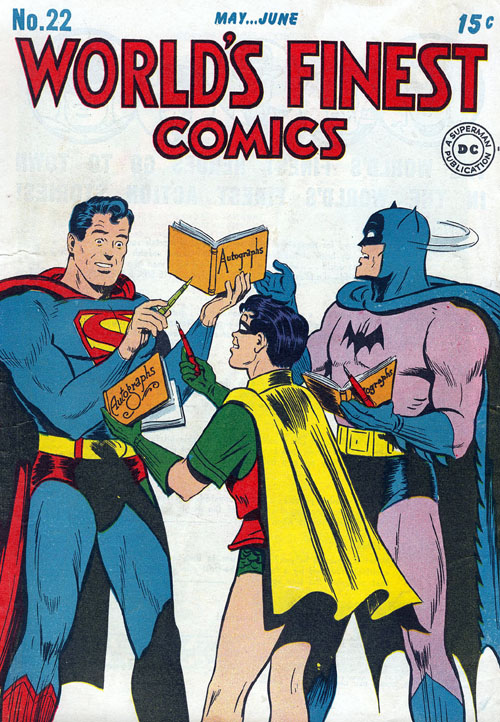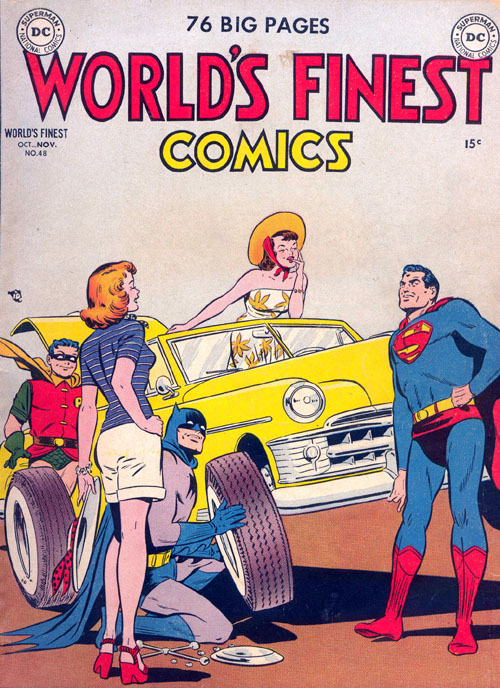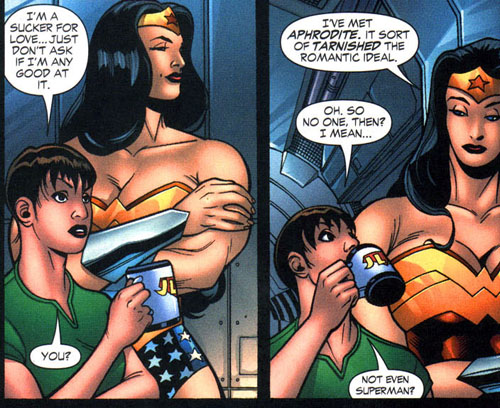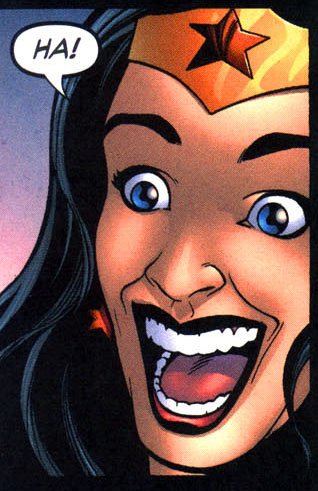
It’s been a over week since Criminal: Last Of The Innocent #1 hit the stands at better comic shops everywhere, so I feel justified in discussing it freely—the high concept of this latest in Ed Brubaker and Sean Phillips’ series-of-miniseries is one of its best selling points, but the reveal of it definitely merits a spoiler warning. So, if you just want to take my word for it that it was the best comic I read last week and proceed from there, then by all means, go buy it and then come back to read my thoughts on it. Otherwise, read on while I try to make a point about its greater relevance, both sudden and ongoing.
Still with me? Or back after reading it? Okay, good. Criminal: Last Of The Innocent is about a guy named Riley Richards, once a fun-loving, all-American teen, returning to his hometown of Brookview to deal with his father’s terminal illness. In the years since he passed on the girl next door, Lizzie, to marry her rich rival, Felicity, Riley’s life has gone down the toilet—he’s in hock to the mob, and Felicity is cheating on him with another one of his childhood friends, Teddy. By the issue’s end, Riley is convinced that the only way to reclaim his fun-loving youth is to murder his cheating wife. Any of these characters sound familiar? Even if you don’t pick up on it right away, the cartoony flashbacks to the gang’s wayward youths spell it out for you pretty quickly—Last Of The Innocent is about what happens after Archie grows up and marries Veronica. If you have never read a Criminal comic before, it doesn’t matter; each of Brubaker and Phillips’ crime series stands alone, even if some of the characters have connections to the protagonists in the preceding series. All you need to enjoy Last Of The Innocent #1 is a love of a good story—particularly a good crime noir story—and a passing knowledge of Archie comics (a little familiarity with Richie Rich and Josie & The Pussycats doesn’t hurt either, but it’s far from essential).
Last Of The Innocent #1 works on more than one level, as every good story should. As said, it works as a hard-boiled crime story, one where some poor sap who’s had a bad go of things decides that one unforgivable, irreversible act of violence will turn his life around. It also works on a postmodern level, examining what might have become of a group of beloved cartoon archetypes after they all graduated from high school and moved out of their parents’ houses (even if this took them over half a century, in publishing terms). And finally, it works on the level of satire—specifically, a satire of our current preoccupation with, and the inherent dangers of, nostalgia. Riley is so convinced that his childhood was wonderful and perfect that he’s willing to kill it to get it back, even though a) he can’t ever get it back, not really, and b) his childhood maybe wasn’t as wonderful as he thought—the cartoony flashback sequences always seem to have some kind of danger and/or general unwholesomeness lurking around (sex, drugs, and murder were a lot more common in Brookview than in Riverdale, it turns out).
This is an especially relevant theme, these days. Woody Allen’s latest movie, Midnight In Paris, wrestles with the notion that the good old days were, in fact, highly overrated, and that nostalgia is something of a tender trap. This week, J.J. Abrams’ new film, Super 8 opens—a loving homage to late 1970s/early 1980s sci-fi films like E.T. and Close Encounters Of The Third Kind—and some critics have already accused it of being an empty exercise in Spielberg worship (the legendary director executive-produced Super 8). And, last week’s bombshell announcement that DC Comics plans to relaunch their entire superhero publishing line in September speaks to both the need to let go of the past (70-plus years of continuity will be largely ignored to provide a fresh start for potential new readers, or so we were told at first), while also confirming that, in fact, nostalgia is an inescapable strand of the DNA of comics fans (after early reports of a total reboot, DC’s steady stream of title announcements for the September relaunch reveal that most of these series maintain the previous continuity pretty much intact, despite the requisite costume redesigns and creative team rotations). Even for comic book publishers, it’s tough to let go of the good old days.
Last Of The Innocent isn’t one of those wretched re-examinations of beloved comics characters that wallows in postmodernism by simply recasting old favourites as drug addicts, wife beaters, and fascists (although one of the thinly-veiled Riverdale gang is now saddled with a substance abuse problem). Brubaker and Phillips actually have something to say about the dangers of viewing the past through rose-coloured glasses, and their Archie pastiche provides an entertaining and insightful storytelling device with which to deliver it.
